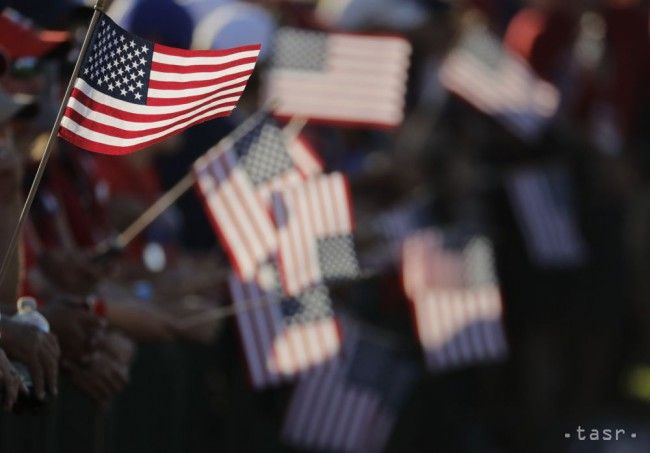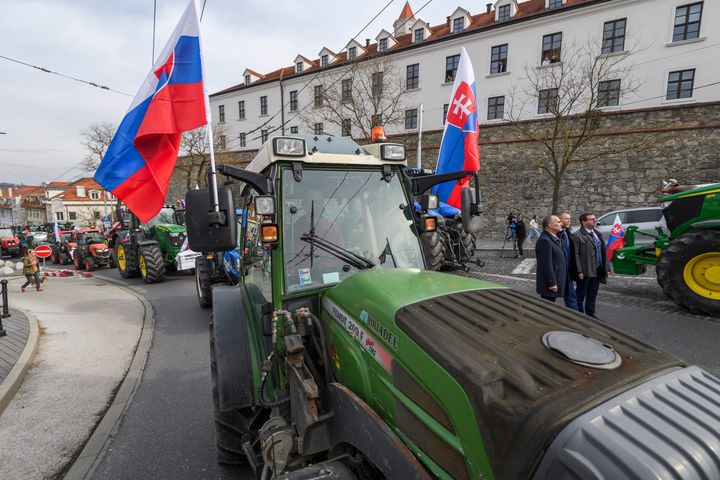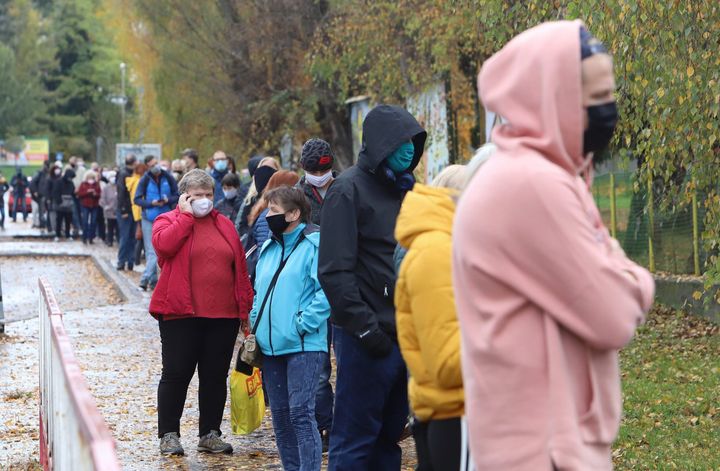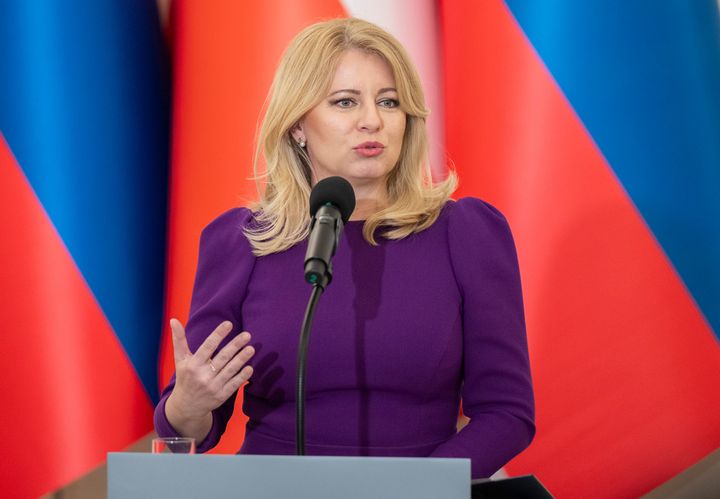U.S. Embassy: Oceans Mustn't Stand in Way of Presidential Election Vote

Bratislava, October 4 (TASR) – American Ambassador to Slovakia Adam Sterling recently hosted a group of U.S. citizens and talked to them about the importance of participating in the county’s democratic processes, particularly overseas voting in the presidential election, TASR was told by U.S. Embassy’s Consular Chief Selena Nelson-Salcedo.
At least a couple of thousands of Americans are in Slovakia who already can send their votes for individual candidates in the November 8 presidential election. Nonetheless, the embassy doesn’t know the exact numbers of Americans in Slovakia, as they likely fluctuate and grow especially during the summer months, when more tourists visit Slovakia. Some U.S. citizens may live and work here, but others come for vacation, to visit friends and family, or as part of a river cruise, said Nelson-Salcedo.
She encouraged all Americans living in or visiting Slovakia to register with the Department of State’s Smart Traveler Enrollment Program (STEP) so that the Embassy can contact them with important information. “This is the same system we use to share information about overseas voting with Americans living abroad,” she noted.
“Some U.S. citizens may not seek Embassy assistance in registering to vote, so we do not see every person who has registered. Whereas some countries allow their citizens to vote at the Embassy, we instead assist our citizens in understanding the process for requesting an absentee ballot from the correct jurisdiction and then assisting them by mailing their completed election materials. Some citizens may take care of this themselves, so we don’t know exactly how many are requesting absentee ballots this year,” said Nelson-Salcedo.
“The secrecy of individual ballots, including absentee ballots, is an important part of our system, in order to prevent any undue influence over voters’ choices. For these reasons, as the Voting Assistance Officer at the Embassy, I don’t ask U.S. citizens which party they support,” she said. Hence it’s also impossible to ascertain whether it’s the Democrats or Republicans who have the upper hand among Americans in Slovakia.
Elections are managed individually by 50 States, U.S. territories (American Samoa, Guam, Puerto Rico and the U.S. Virgin Islands) and the District of Columbia. “This means there are 55 different sets of rules for absentee voting by U.S. citizens overseas, but the basic steps are simple, and so our mission when it comes to voter outreach is to try to reinforce the message that time zones, oceans and mail routes don’t have to stand in the way of overseas citizens who want to vote,” stated Nelson-Salcedo.
As part of information activities related to the U.S. presidential election, the embassy will host a visiting speaker in late October, Professor Ricardo Ramirez from Notre Dame University, who will talk about the U.S. elections and minority political participation in a public discussion and also with university students, said the U.S. Embassy’s consular chief officer.
Based on a report of the Federal Voting Assistance Program (FVAP), the eligible overseas voter population was estimated to have been 2,547,823 when the presidential election in the United States was taking place four years ago. Although the voting rates are highest in parts of Africa and Asia, the countries with the largest estimated numbers of overseas voters are in Canada, Western European countries, Israel, Japan, Australia and Costa Rica.
When it came to individual cities abroad, the highest number of eligible voter American population two years later, in 2014, was to be in Vancouver (around 180,000), followed by Tel Aviv (102,000) and Toronto (78,000). One interesting item on the list was San Jose, the capital of Costa Rica, on sixth place (44,000).



